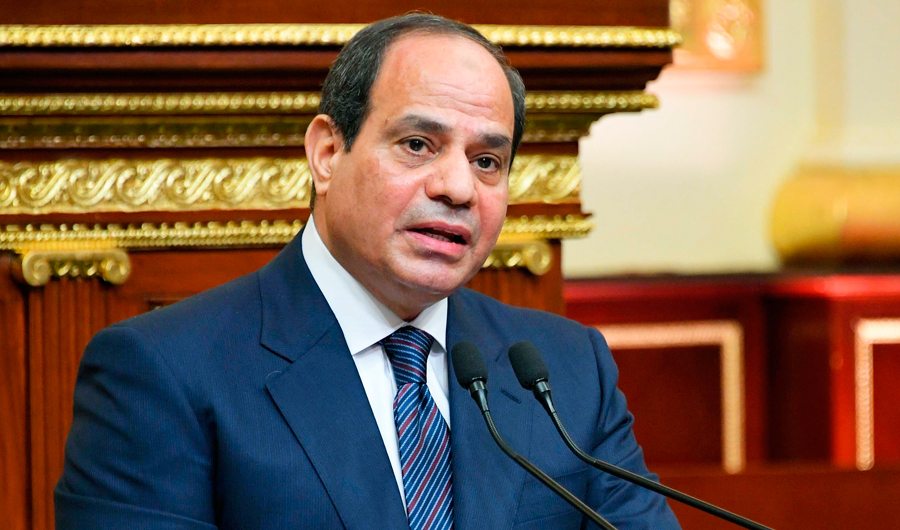Yemeni PM criticizes UN report on central bank corruption
AL-MUKALLA: Yemen’s Prime Minister Maeen Abdul Malik Saeed on Monday criticized a UN report accusing the country’s central bank of corruption.
Saeed said that the methodology for the report was wrong and that a Saudi deposit of $2 billion into the central bank in Aden had “greatly alleviated the humanitarian crisis” in the country.
In its report last week to the UN Security Council, the Panel of Experts on Yemen found that the central bank had helped a group of Yemeni traders make $423 million in profits from “a sophisticated money-laundering scheme of the Saudi deposit” and manipulating foreign exchange rules.
Saeed told reporters at a press conference in Aden that his government had reservations about the report’s accusations and that they were cooperating with international auditors who would examine the central bank’s financial activities, mainly with regards to the Saudi deposit.
“The government’s principle is absolute transparency,” he added. “We have reservations about the conclusions of the report.”
HIGHLIGHT
Saeed told reporters at a press conference in Aden that his government had reservations about the report’s accusations and that they were cooperating with international auditors who would examine the central bank’s financial activities, mainly with regards to the Saudi deposit.
He criticized the UN report for saying the government’s management of the deposit and its measures to address effects of the depreciation of the Yemeni riyal on prices of commodities were ineffective.
“The methodology on which the report was based is wrong and led to those conclusions. When they say (our) policy of subsidizing basic commodities is a destructive strategy, what does it mean? Should we leave our people to starve?”
He also said that food security was at risk in 2018, which had prompted Saudi Arabia to deposit the money. “The Saudi deposit has greatly alleviated the humanitarian crisis.”
Yemen’s parliament is investigating the UN’s claims, the official news agency Saba reported on Sunday.
Sultan Al-Barkani, the parliament’s speaker, ordered a committee of financial experts and officials to head to the central bank to investigate the allegations by auditing the bank’s activities, quizzing the bank’s workers and briefing the parliament’s presidency on their findings.
The parliament has vowed to bring corrupt officials to justice, Saba added.
Yemen family conglomerate Hayel Saeed Anam Group was named in the UN report. It received a substantial chunk of the Saudi deposit.
“The panel’s analysis shows that, between mid-2018 and August 2020, the Hayel Saeed Anam Group made a profit of approximately $194.2 million from the letter of credit mechanism alone, excluding profits made from the import and sale of commodities,” it said.
The group on Sunday denied the UN accusations and pledged to assign professional auditors to respond to the allegations.
“HSA is aware of a report released by the Panel of Experts,” it said in a statement seen by Arab News. “The report contains unsubstantiated allegations of wrongdoing in relation to the KSA deposit. We reject any and all such allegations in the strongest terms. HSA will now commission an independent audit into the allegations.”
The group added that it had received a bigger part of the deposit because it was the largest trader and manufacturer of goods in Yemen. “HSA emphasizes that the company received the largest portion of the disbursement of the KSA deposit due exclusively to HSA’s status as the largest food importer and manufacturer in Yemen.”
Yemeni journalists, activists and politicians have demanded that the government form an independent inquiry to investigate the UN corruption allegations and to inform the public about the bank’s activities.
“We demand an investigation with (corrupt) officials of the central banks and referring those who are involved (in corruption) for prosecution,” tweeted Fatehi Bin Lazreq, the editor of Aden Al-Ghad newspaper. “People die of starvation and those (officials) steal.”

Yemeni officials meet Saudi Islamic Affairs Minister




